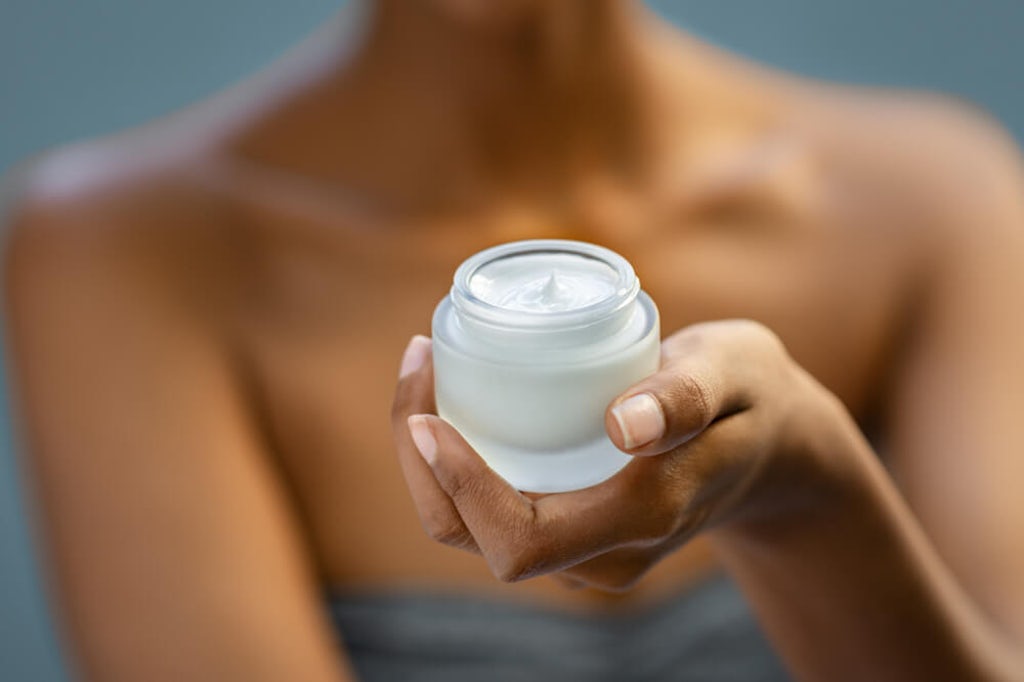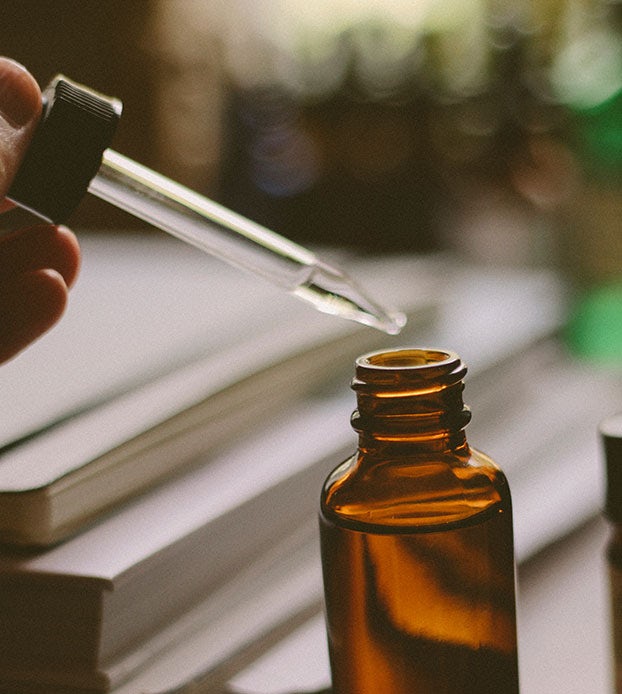This article was first published on Analytical Cannabis. It appears here with permission.
Around 77% of CBD topical products do not contain the correct amount of CBD advertised on the product’s label, according to a new investigation from Leafreport.
Working with the Las Vegas-based third-party testing lab Canalysis Laboratories – not to be confused with California’s Cannalysis testing company – the new Leafreport investigation studied 40 different CBD topical products, including CBD sports balms, face creams, hand lotions, and CBD-infused bath salts.
The lab results revealed 31 of the 40 products tested (77.5%) contained CBD levels outside of a 10% range of what was stated on the label. More than one-quarter of products tested contained amounts of CBD that were off by more than 30%.
Generally, the most accurate product labeling came from big-name established companies – a trend also seen in previous assessments of CBD oils from Leafreport and Canalysis – though a handful newer or lesser-known brands did exceed expectations with the accuracy of their products.
Taking topicals to task

To better compare the results from the tests, Leafreport designed a grading system to rate the accuracy for each product. The allowable CBD ranges were based on past expert recommendations, which advised that cannabis products should be consistent with other herbal products in the US pharmacopeia, and so sit within a 10% range of the cannabinoid levels stated on their packaging.
CBD topicals that achieved this benchmark received an “A – excellent” grade rating. Products were given a B – decent rating if their CBD content was up to 20% higher or lower than labeled; a C – poor rating was given to those within a 30% range. Any products outside of the 30% buffer zone received an F – fail rating.
Only nine (22.5%) of products received an A grade. While the majority of products at this grade came from big-name brands, the best performer was actually the lesser-known brand Medical Mary. Its CBD Relief Cream was found to contain 510 milligrams of CBD, a deviation of only 2% from the 500 milligrams stated on the packaging.
Fourteen products (35 percent) received a B grade and six (15%) a C grade. The remaining 11 products (27.5%) were deemed to have failed the testing. These results ranged anywhere from 45% higher than the stated dose of CBD to a whopping 99% lower than advertised.
Perhaps surprisingly, several big names ended up receiving a failing grade, including Charlotte’s Web CBD Balm, which contained 32% more CBD than advertised. CBD Living, a brand well-known for its CBD-infused water, also received a poor grade after its CBD Salve was found to contain around 39% more CBD than the amount stated on its label. But by far the worst performer was the brand 7 Point Naturals. Its Hemp Oil Moisturizer was found to only contain 1.2 milligrams of CBD – a far cry from the 500 milligrams listed on the product label.
Leafreport concluded that the labeling accuracy for CBD topicals is significantly worse than seen in oil and tincture products. In Leafreport’s previous assessment of that category, around 73% of products received an A grade. The results for CBD topicals were roughly on par with what was seen in the CBD edibles category, where Leafreport’s market report awarded 27.5% of products an A rating and 30% received a failing grade.
Shopping for reliable CBD topicals
In light of the new Leafreport and Canalysis Laboratories investigation, the report authors suggest consumers buy from leading brands and check for third-party testing lab results before using a product.
Lab results are normally recorded by third-party testing labs on certificates of analysis, which are issued for each product that they test. Many CBD companies will publish these certificates directly to their websites as a way demonstrating transparency and reliability.
Checking the lab results may also provide more clarity on products that don’t have clearly labelled CBD content – a problem also highlighted in the course of this investigation. Two of the 40 products examined did not report a single value for the CBD content of the product and instead listed “total CBD and CBDA” content or “hemp extract” in the ingredients.
While CBDA is a precursor compound for CBD, it is not normally considered to be pharmacologically active. For clarity, it is always better to list the amounts of these compounds separately.
Sign up for bi-weekly updates, packed full of cannabis education, recipes, and tips. Your inbox will love it.

 Shop
Shop Support
Support
















